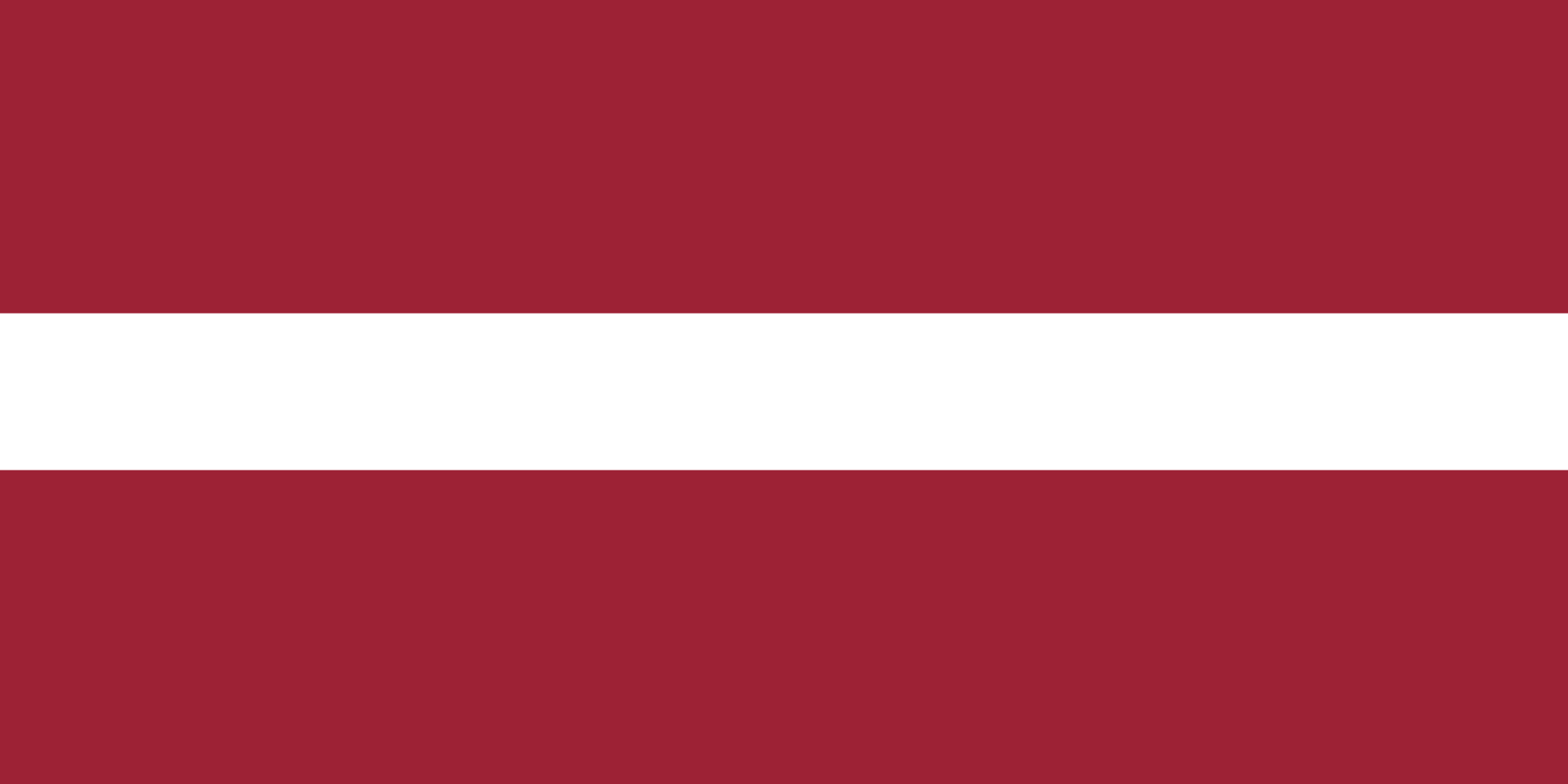
Officially known as the Republic of Latvia, Latvia is a country in the Baltic region of northern Europe, and one of the three Baltic States, alongside its neighbouring countries Estonia and Lithuania. The country is known for its dense forests, rivers, and lakes, with over half the country covered in natural ecosystems, a humid continental climate, with cold winters and mild summers, and a rich cultural heritage influenced by centuries of foreign rule (including German, Swedish, Polish, and Russian). It was once part of the Soviet Union until it regained independence in 1991 and has since become a democratic parliamentary republic.
Riga is the capital of Latvia, and is is the largest city in the Baltic States. Located on the Gulf of Riga, where the Daugava River meets the Baltic Sea, it is it is Latvia’s political, economic, and cultural centre, home to landmarks like Vecrīga (Riga's Old Town; famous for its best-preserved medieval buildings and Art Nouveau architecture), Riga Cathedral, St. Peter’s Church and the House of the Blackheads. Riga is also a start-up and innovation hub in the Baltic region, blending modern development with historical charm, and is often described as a city of contrasts, where Gothic spires meet modern glass towers, and centuries of history are felt in its cobbled streets and vibrant public spaces.
Latvia is not prone to major geological natural disasters like earthquakes or volcanoes, but it does experience severe weather events, including wind storms, heavy rain, and resulting floods, which can cause power outages and property damage.
For traffic-related offences;
Other offences include;
Improper trash disposal (particularly on beaches) can lead to fines, along with misconduct near memorials, failing to comply or providing false info when entering the country (up to €2,000), and deadly accidents caused by DUI, amendments to the Criminal Code (as of June 2025) propose mandatory additional fines ranging from €6,200 to €3.1 million, on top of other penalties (and imprisonment if unpaid).
The official language of Latvia is Latvian, but Livonian and Latgalian are also spoken.
In Latvia, driving is on the right where overtaking is on the left. Latvians almost always drive left of slower vehicles, sometimes even off the road to let faster cars pass, and headlights must be on at all times; even during the daylight.
The minimum age to drive in Latvia is 18, but the age to rent a car is 21 (sometimes up to 25 for some rental companies), with at least 1 year of licence holding, and a young driver surcharge for drivers under 25. UK licence holders don't need an International Driving Permit (IDP) to drive in Latvia for short visits. If you have a paper driving licence, or have one issued in Gibraltar, Guernsey, Jersey, or the Isle of Man, then an IDP may be required.
Speed traps are common, especially on highways; driving apps like Waze can help alert you. Cities like Riga are easier to navigate than London; stay alert for one-way streets, new drivers (under two years of experience) face no extra restrictions in Latvia, unlike some neighbouring countries, winter tyres are required from the start of December to the start of March, and Non‑EU visitors (without visas or permits) must submit detailed information 48 hours before entry. Failing to comply or providing false info can result in fines up to €2,000.
Gasoline (Octane‑95), Diesel and LPG (Autogas) are common in Latvia.
The limit is 0.05% (0.02% for drivers with under two years of experience).
Seat belts must be worn by everyone in the vehicle.
All children under 150cm in height or under 12 must an appropriate child restraint system when traveling in a vehicle.